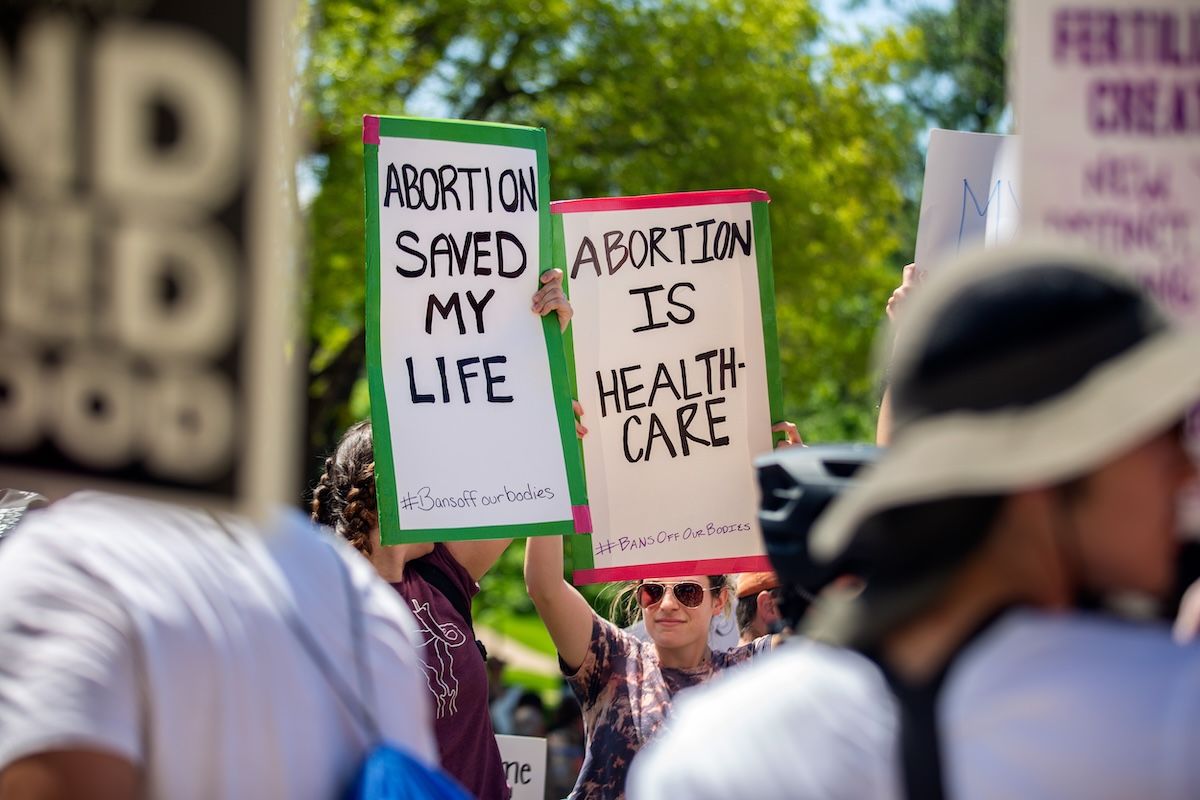A new analysis has found tens of thousands of people, likely young folks, who live in states with strict abortion bans, are fleeing. The working paper, which is not yet peer-reviewed, was published by the nonprofit National Bureau of Economic Research. It found that since the Supreme Court overturned Roe v. Wade via the Dobbs decision in June 2022, states with near-total abortion bans have lost more than 36,000 people per quarter. People who lived in single-person households were more likely to move out of the abortion-ban states. The researchers looked at change-of-address data from the U.S. Postal Service.
“The effects are more prominent for single-person households than for family households, which may reflect larger effects on younger adults,” the researchers wrote. The researchers said they also found “suggestive evidence” of people leaving states that were “hostile” towards abortion in other ways.
Since Dobbs, which gave states the right to ban abortion, many states have gone above and beyond to further clamp down on access to abortion care. According to KFF’s dashboard, 12 states have completely banned abortions. Six states restrict abortion access between 6 and 12 weeks of gestation. Four restrict access between 18 and 22 weeks. In contrast, 14 states have enshrined reproductive rights, including abortion access, into their state constitutions.
The new research suggests that these states will face long-term economic consequences as a result of their hostile attitude toward abortion.
"Over a 5-year period if these numbers are sustained it would be roughly equivalent to a loss of almost 1 percent of their population compared to if no ban was implemented in their state and they protected abortion instead," Daniel Dench, one of the researchers, told Salon via email.
Dench emphasized that their analysis method accounted for "any differences in underlying migration trends present before the abortion bans occur."
"As a result, we can say that these are causal estimated effects of abortion bans on net out-migration (those leaving minus those entering)," he said. Notably, there were no details about demographics such as race, gender and marital status. "There are still many unanswered questions about how the bans are affecting business formation, employment, and wages."
Read more about abortion



Shares